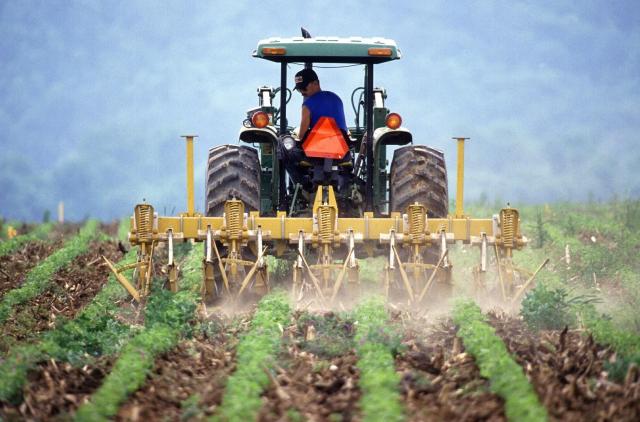By Callum Ludwig
The Federal Government has made a massive investment of over $1 billion in biosecurity and agriculture in the 2023/24 budget.
$153 million of the funding is also set to be received from businesses in the agricultural, forestry and fishery industries through a biosecurity protection levy.
Chairman of Yarra Valley Agribusiness Cluve Larkman said it’s good that they are putting a lot more money into biosecurity, but he will wait to see how much of it hits the ground.
“I’m concerned that they’re talking about funding part of it with a 10 per cent levy of agricultural products, it’s a bit unfair to take money that we’re putting towards research to go towards their biosecurity costings, those that use the biosecurity system are already paying through the nose,” he said.
“Why they need to raise more money off us, I’m not sure, but it’s good to see that they see the value in keeping Australia as pest free as we can be, I’m always pleased to see that.”
The inclusion of the levy was to cover the benefit that the industry will derive from the investment, which will target the ‘detection, identification and response associated with invasive pests and diseases, maximising trade opportunities, and enhancing access to premium overseas markets.’
Mr Larkman said he would like to see a bit more money put into agricultural expansion sections, as he has seen in other countries.
“A large number of universities and tertiary institutes in America have huge agriculture extension sections and they’ll do research on new agricultural products and they run test gardens, they do test programs which they don’t charge the industry for,” he said.
“I was over at a lavender conference in January in Oregon and one of the universities from the southern United States presented a paper on research they did on phytophthora and lavender, as part of a government research project,”
“I just don’t think we put enough money into our agricultural research and support, even the DPI [Department of Primary Industries] here used to have dozens of officers out there helping businesses, but they don’t anymore.”
$845 million is directed towards building a sustainable model of biosecurity operations, focused on reducing the impact of exotic pests and diseases and climate change.
Mr Larkman said there are three key biosecurity issues.
“There’s the importing and exporting of plants and animals coming into and out of Australia, that’s very strictly controlled. Then you’ve got the interstate biosecurity issues, which is the state Departments of Agriculture who put their own rules and regulations between each state, which makes it very hard in moving plants and animals across the state, or across state borders,” he said.
“Then you’ve got the regional issues like Queensland Fruit Flies, filoxera and the varroa mite on the bees, it’s important that when an outbreak occurs of a new pest, that the Federal Government is there to assist in trying to eradicate it, or at worse, at least contain it.”
$145.2 million is being delivered over three years to upgrade to modern digital systems in cargo pathways which aims to streamline service delivery when importing by reducing the red tape on regulation.
In a media release, Minister for Agriculture, Fisheries and Forestry Murray Watt a new era in Australian agriculture begins.
“For the first time, an Australian Government is locking in higher, ongoing and more predictable biosecurity funding, from year to year – drawing a line under years of stop-gap, temporary funding from Coalition Governments, that placed our agriculture sector at risk,” he said.
Opposition Leader Peter Dutton said in his budget reply, Labor has slugged our farmers with a new $153 million dollar tax.
“They will be forced to unfairly pay for the risks of international importers – especially at a time when our farmers and producers are facing more uncertainty with rising input costs and workforce shortages,” he said.
“Instead of taxing Australian farmers, I announce the Coalition will establish an importer container levy – as recommended by the independent Craik Biosecurity review.”







